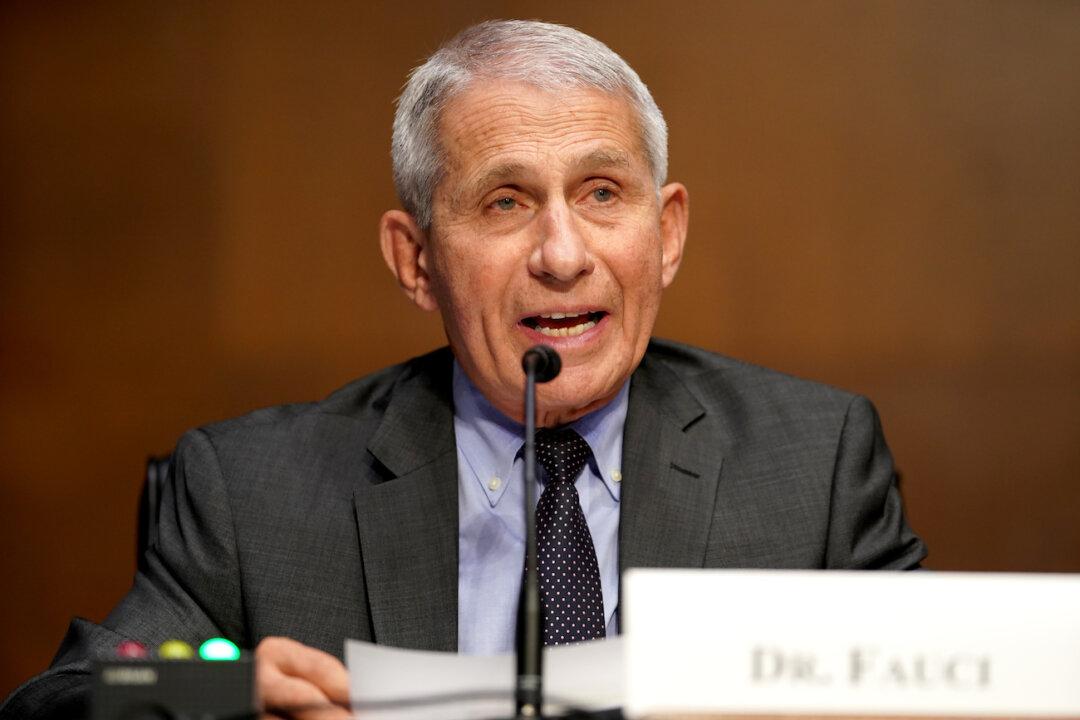News Analysis
WASHINGTON—The mainstream media ignored it completely. President Donald Trump wrote about it on Twitter. And on a rainy weekend, the members of the Walk Away movement (#WalkAway) made a statement about recovering themselves and loving America.




